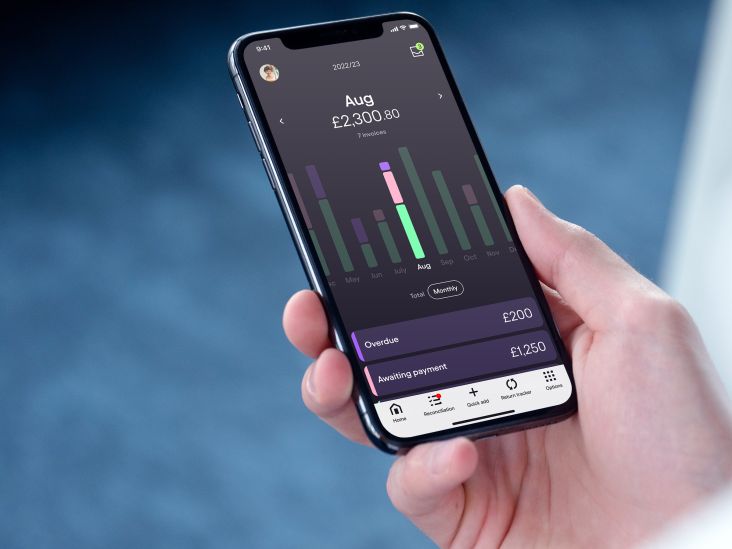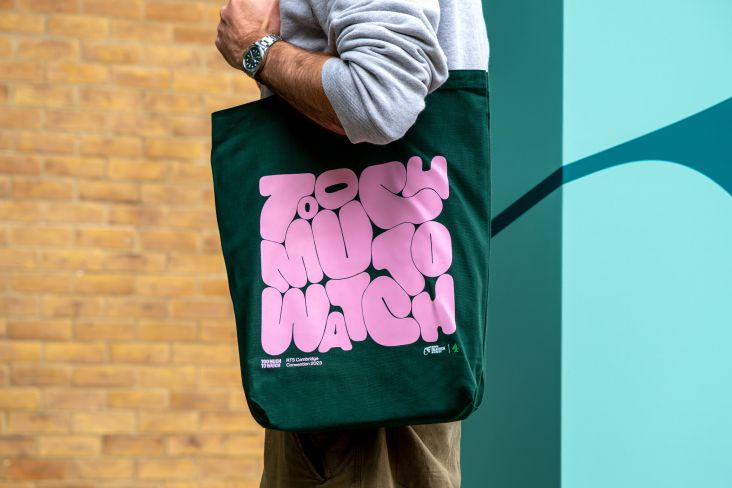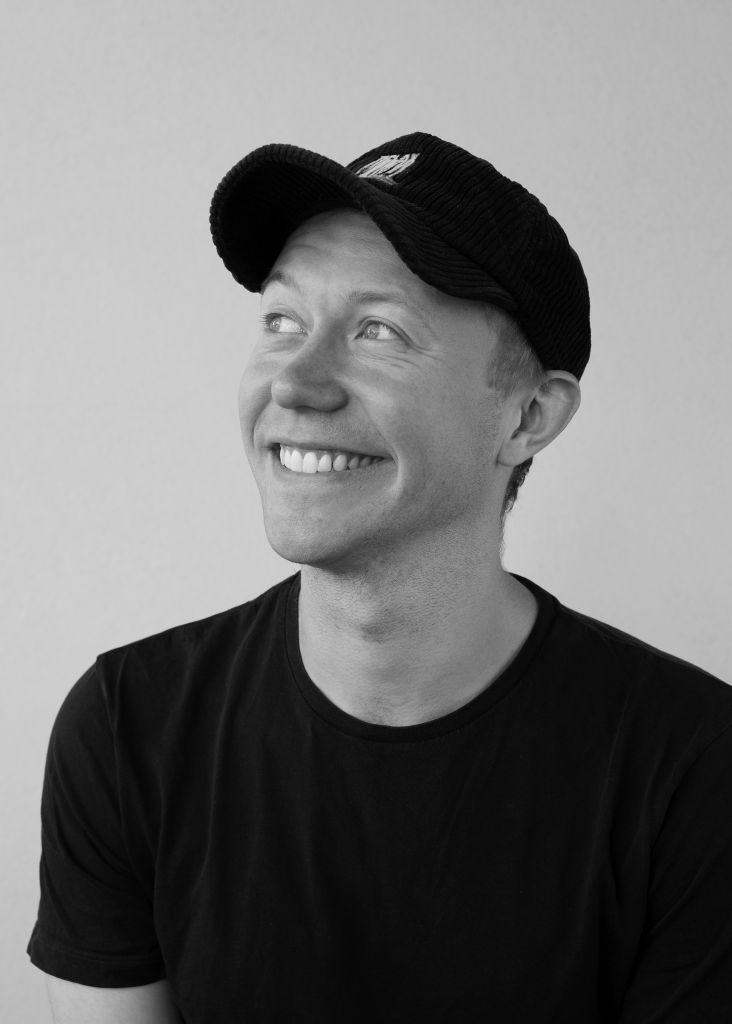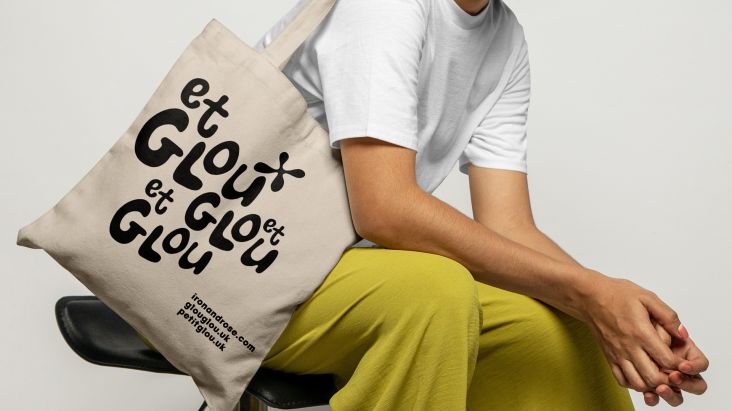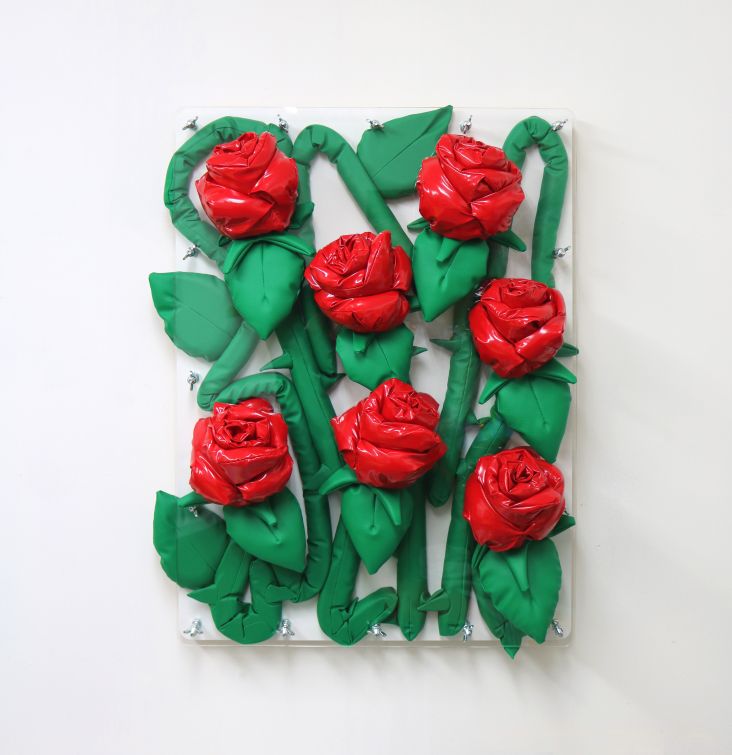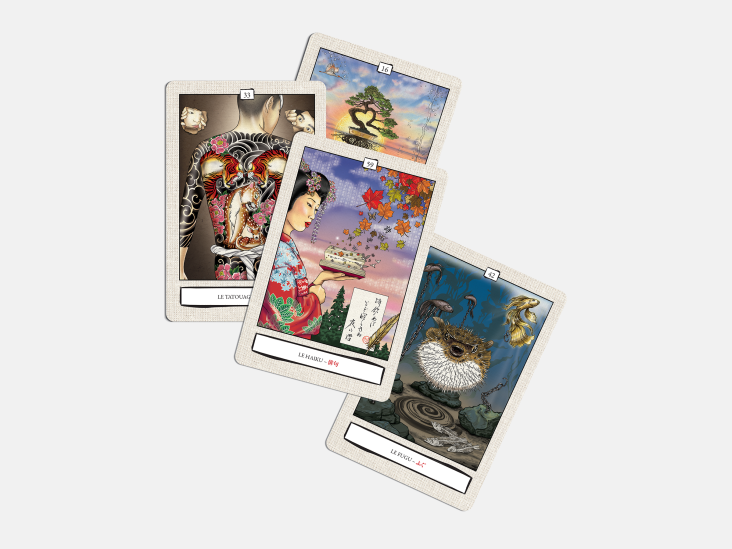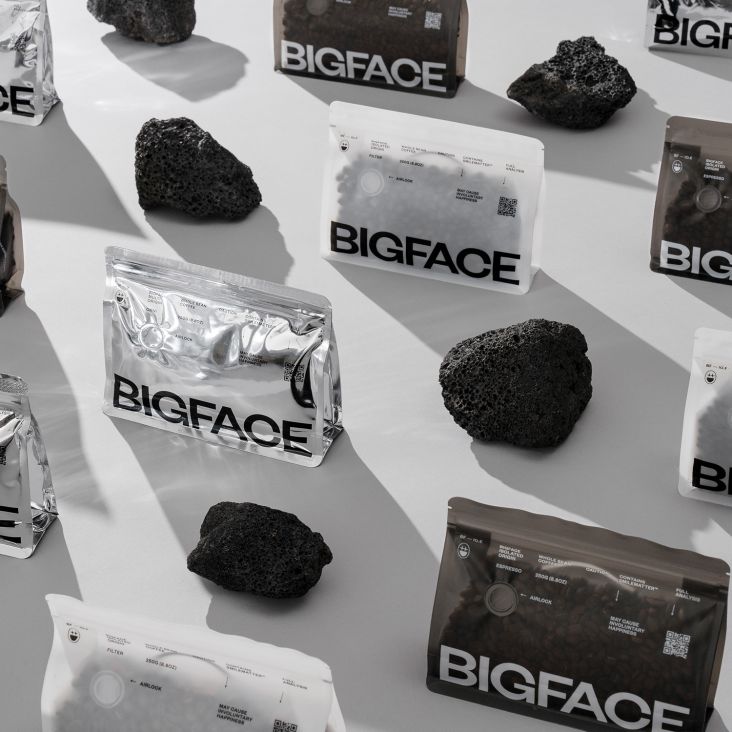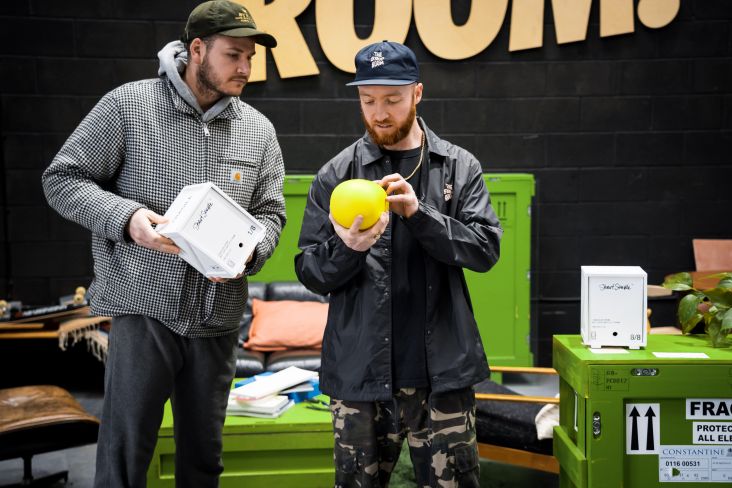The biggest trends in graphic design for 2024, as predicted by the creative industry
The world of graphic design is constantly evolving, with new trends emerging all the time. And the current global turmoil is only accelerating this effect. Here, we explore eight of the most hotly anticipated trends for 2024 based on the insights of industry experts.
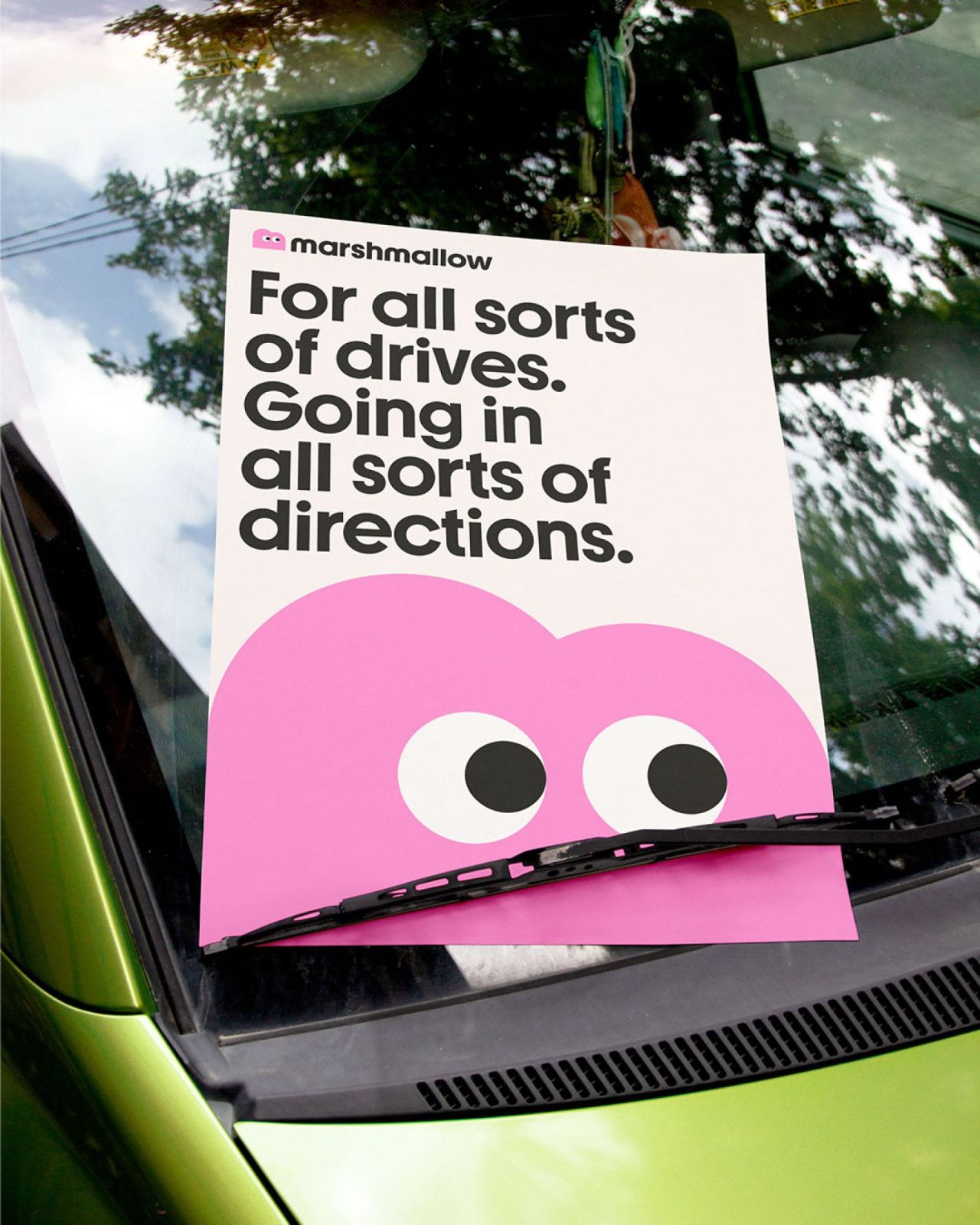
Ragged Edge's work for Marshmellow
The world's in a rocky place right now. But the good news is that whatever happens to the economy in 2024, graphic design will be in demand… perhaps more than ever.
As businesses battle to survive the coming global turmoil, good design will be vital in helping them stand out visually, connect with their audiences, and create the brand loyalty they so desperately need.
Knowing that, though, isn't enough. Graphic designers need to know where the work will likely be, what skills they might need to pick up, and where to best focus their efforts. So, as we approach an uncertain new year, we've consulted with leaders in the industry to provide insights into the future direction of graphic design.
These predictions cover everything from new business models to new production methods and big developments in how we create our graphic designs. So read on to discover how the graphic design profession will likely change in the 12 months ahead and what you need to do to keep pace.
Trend 1: Subscription-based agency work
Our first two trends aren't about a particular visual style or graphic design technique but a more fundamental innovation in how agencies do business. Nick Pattison of Primary sets the scene.
"Right now, we're living in a rapidly changing sector, with many designers still working from home and others opening up side practices or small studios," he explains. "At the same time, design tools and the advent of AI are accelerating the speed with which these designers can create, communicate, and deliver.
"Clients expect increasingly more in less time, and designers are seeking new ways to service these clients while generating more regular, predictable income," he continues. "Consequently, productisation, where designers have simple price packages around fixed deliverables, is on the rise."
Range of work by Primary
That's led to the explosion of the 'design subscription' agency model this year. "This model has clients pay a fixed monthly fee for unlimited design work," explains Nick. "Nearly every website design firm I know now offers this." Mark Richardson, designer and founder of Superfried, has spotted this trend too. "These subscriptions have been marketed via huge boasts with regards to the money being made and the minimal time invested," he notes. "Which is confusing, as I would have thought this would infuriate their clients!"
Trend 2: Brand sprints
Ultimately, Mark is hoping the design subscription trend will fade in 2024. "However, with the continued improvement in AI, perhaps it will become even more alluring and grow as a potential model," he suggests.
Nick, meanwhile, points to an alternative approach. "Other studios, like ours at Primary, are finding success with a different twist on productisation," he explains. "After years of offering various services, we now just offer one service for one fixed price, called 'brand sprints'."
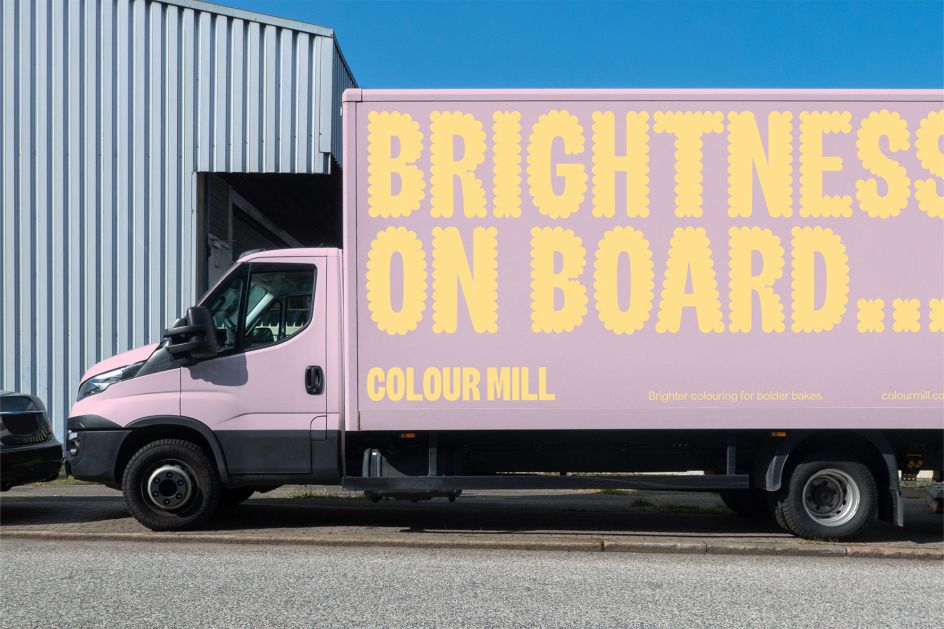
Colour Mill by Universal Favourite
With this business model, the agency designs and delivers a new brand identity for a flat fee in two weeks. "This has been wildly popular with our young startup clients, who can get to market quickly with a high-end identity that doesn't break the bank," Nick reports. "It also allows us to have a predictable pipeline of work, and we can financially map the entire year simply, based on one repeatable price."
Trend 3: De-packaging and sustainable luxury
Climate change is driving many new trends in design right now. However, one of the most significant has been the growing commitment of brands to environmental responsibility in the design and manufacturing of packaging.
So, what does this mean for the graphic design that adorns it? "With brands experimenting with package-less packaging, edible packaging and paper-pulp outers, the graphic real-estate on pack is becoming increasingly smaller, challenging designers to think more creatively on ways to create standout, convey brand messaging and storytelling in a way that feels authentic," says Chris Wilson of STCKMN.
"Sustainable material choices coupled with responsible manufacturing processes will continue to play a key part in design for 2024," he predicts. "With reduced on-pack graphics, communicating brand and product details becomes challenging. However, with clever use of colour, uncluttered layouts and the introduction of smart graphics like QR codes, it offers unique ways of designing within these constraints."
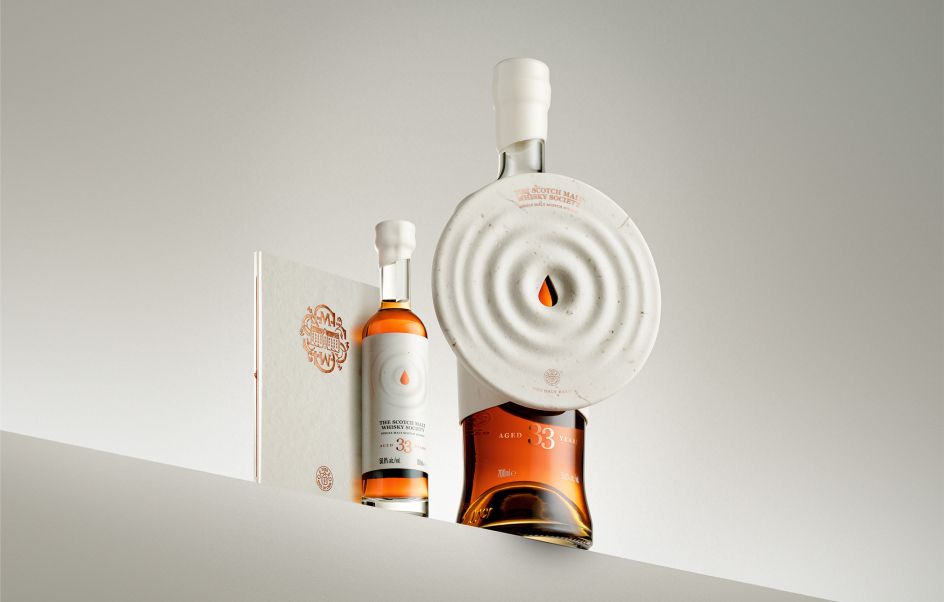
Project for The Scotch Malt Whisky Society by Chris Wilson of Stkmn

Project for The Scotch Malt Whisky Society by Chris Wilson of Stkmn
Chris offers a real-world example of the trend in action, "In a recent project with The Scotch Malt Whisky Society, we produced a hand-crafted paper-pulp bottle outer," he explains. "The eco-conscious material choice, hand-made production methods and ability to embed wood shavings from the original cask made for a visually impactful design. It not only told the story of the whisky-making process and maintained a luxury aesthetic but also managed to avoid the clichéd, greenwashed approach to sustainability."
Trend 4: The rise of moving type
Duncan Gravestock, design director at F37, reckons that kinetic and variable type, with ownable variable sliders, will play a major role for brands in the coming year.
"Brands will want to find new ways to come across as authentic and unique," he predicts, "with more emphasis being placed on type to do the heavy lifting. More and more brands will task motion designers and typographers with telling their brand story in more dynamic and expressive ways.
"We've already seen this with Collins work for the San Francisco Symphonye in 2022," he adds. "Then, more recently &Form Studios' Tokyo Dome City and Studio Kiln's Too Much to Watch brand identity. Kinetic typography has been increasingly used as the focal point of brand and design over the past years, so we can't see it stopping any time soon."
](https://www.creativeboom.com/upload/articles/6d/6dcf09d56d4d7163443b9ea60c3f000068c2751e_944.jpg)
Work by &Form for Tokyo Dome City
Studio Kiln's Too Much to Watch brand identity
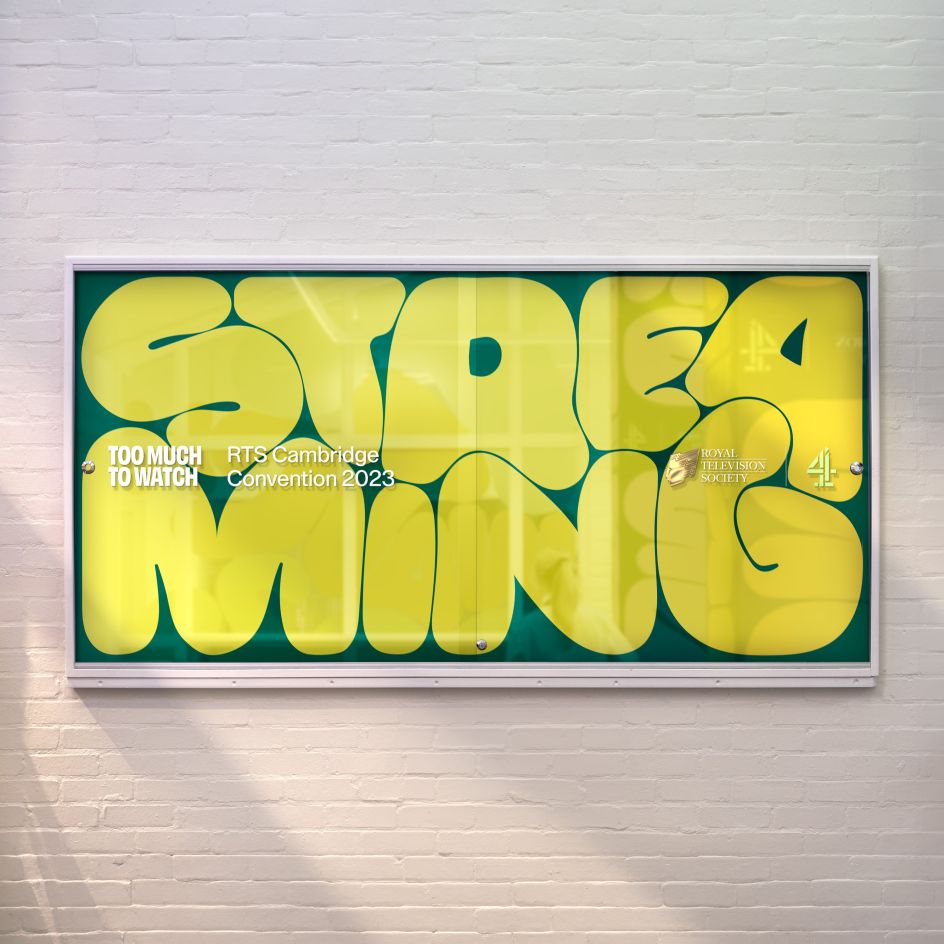
Studio Kiln's Too Much to Watch brand identity
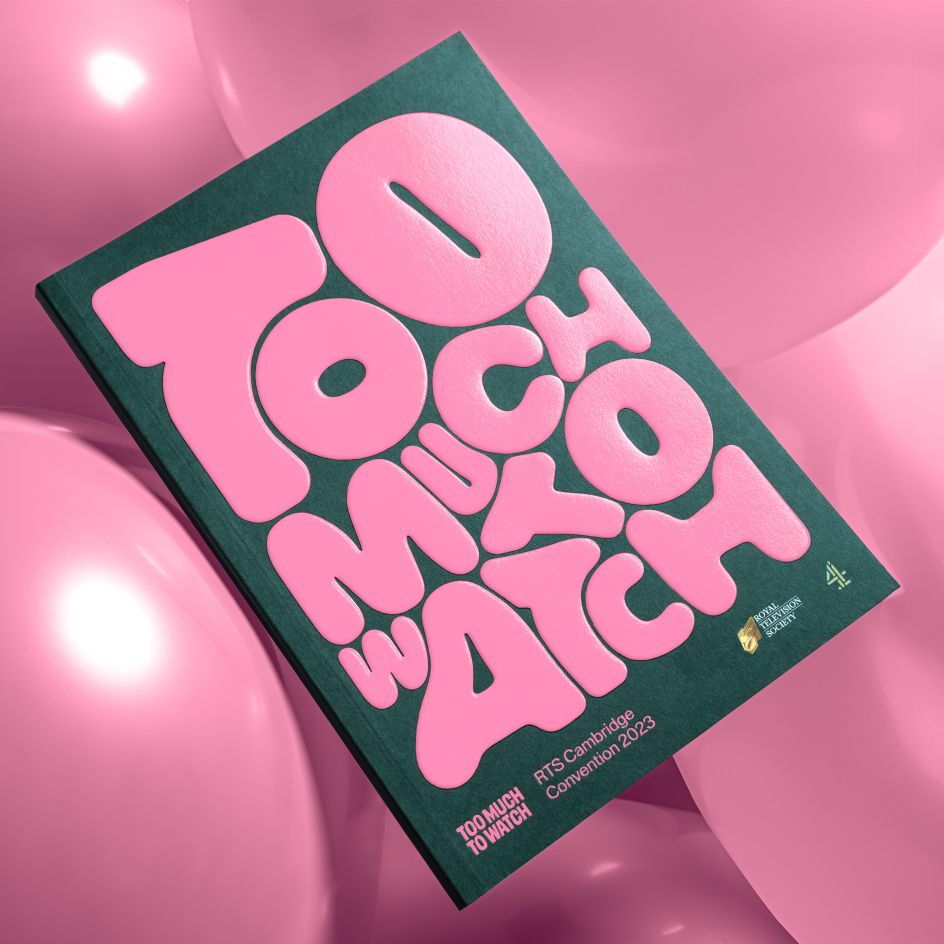
Studio Kiln's Too Much to Watch brand identity
There's also the factor of AI playing its part in moving typography forward. "We’ve already seen #ProjectGlyphEase in the works," he notes. "In their words, all a designer needs to do is create three reference letters in a chosen style from existing vector shapes, or ones they hand draw on paper, and this technology automatically creates the remaining letters in a consistent style. In short, type in 2024 is either going to move, or it will move you."
Trend 5: Real meets surreal
Remember that Instagram-driven trend of the late 2010s of people projecting 'perfect lives'? That's very much been on the wane of late, says Jessica Strelioff, designer at Goodside Studio "Whether due to Gen Z's coming of age or the pandemic shattering any semblance of life without imperfections, the early 2020s saw a refreshing turn toward the raw and unfiltered," she says. "We've traded carefully manicured photoshoots for a grainy, nostalgic treatment with in-your-face angles that would have been deemed 'unflattering' even five years ago."
As Jessica looks ahead to 2024, she predicts today's 'real' may morph into tomorrow's 'surreal'. "We see this as both a cultural response to the absurdity of modern life and as an industry-wide response to the powerful generative tools we have at our disposal," she explains. "This trend is part escapism from the daily grind, part yearning for play. We think we'll see a tendency toward the surreal in 2024."
What will that look like in practice? "We'll see more brands imagining lush, opulent worldscapes in rich and vivid detail," says Danielle LaRoy, strategist at Goodside Studio. "We'll also likely see typography edging further into the experimental and ornate, paired with a smart, sharp brand voice to keep things balanced, grounded and real. Of course, smart brands will keep customers at the centre of these otherworldly experiences, transporting people in a way that feels uniquely personal and distinctly playful.
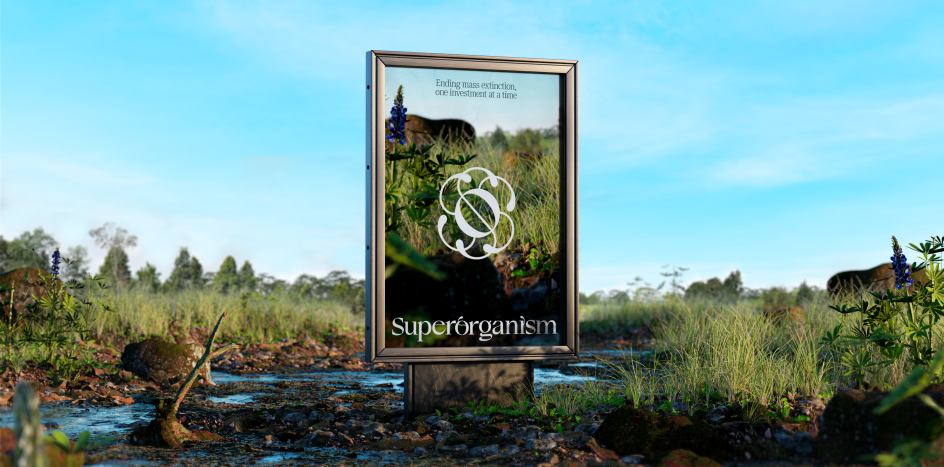
Work by Goodside Studio for Superorganism
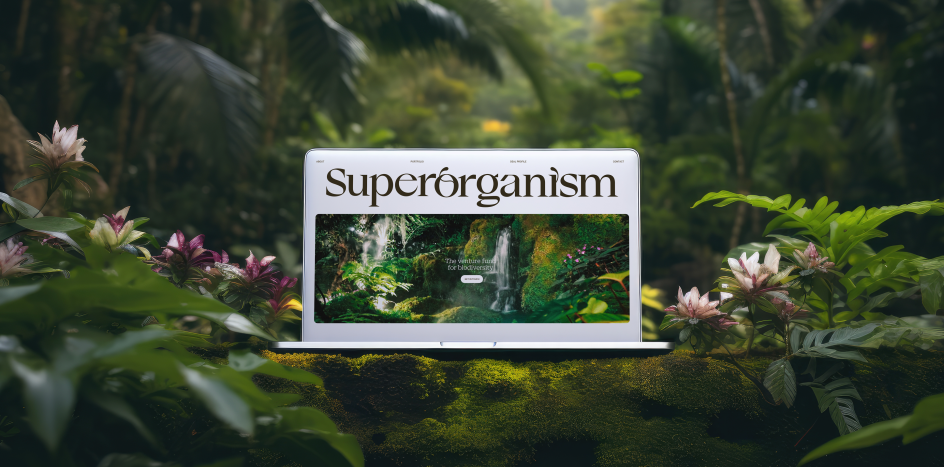
Work by Goodside Studio for Superorganism
"At Goodside, we recently experimented with this real-surreal line blurring while developing the brand for Superorganism, a venture firm for biodiversity," she adds. "Using close-up imagery of endangered and exotic species, we invited audiences to look closer, question our reality today, and imagine what could be tomorrow. We pushed this one step further, setting our brand into surreal mockups of dreamy landscapes and ecosystems. Going into 2024, we'd love to see and do much more of it."
Trend 6: Backlash against AI
As we've covered extensively on Creative Boom, AI hasn't been universally popular amongst the design community in 2023. So, will we see a big backlash against this increasingly scary technology in 2024?
Mark believes there's a good chance. "Could there be a new movement where someone sets up a club or badge declaring 'AI free zone – all creative work displayed produced by humans'?" he ponders. "Could this be a way to stand out and attract a niche demographic concerned about the implications of rapid technological progression? Or is it a recipe for failure; is the only way to prosper to embrace it to stay in the race?"
Marbles, designed by Superfried, available at F37X
Trend 7: To BCorp or not to BCorp
Another trend Mark expects to see in 2024 is many more studios applying for B Corp status. "The concern regarding the environment is growing, and the creative industry is a sensitive and caring bunch," he reasons. "Within a difficult financial climate, many may feel this will give them an edge in the final shortlist, although the costs involved may also curb some good intentions. With an educational background in that arena, I'm also investigating the option for Superfried next year – if funds permit."
Trend 8: Products and services created by designers for designers
Creating products and tools for the benefit of the community and wider industry has always been something graphic designers are pretty good at. But Radim Malinic, designer and founder of Brand Nu, believes 2024 could (and certainly should) be the year this goes into overdrive.
"On a daily basis, we help other people create commercial brands and get them off the ground, yet often neglect what we could bring to the world ourselves," he points out. "Our creative time and energy contribute to branding systems, advertising campaigns and elaborate marketing. I believe it should be cherished, to allow also the space for personal growth and explorations to drive our own journey."
, designer and founder of Brand Nu, releases two new books](https://www.creativeboom.com/upload/articles/b8/b81dd21d4025cd342bf1bb8ae4d2e0905c2a105c_944.jpeg)
Radim Malinic, designer and founder of Brand Nu, releases two new books
Radim believes there's never been a better time to launch a creative business endeavour without the gatekeepers of the past getting in the way. "More and more creatives are taking the jump into the world that is potentially paved with risk and uncertainty in return for what could be an outcome that changes their careers or business," he enthuses. "We've never been more connected and willing to share our learnings and advice to ensure we keep growing as a community and industry.
"Whether it's online tools, practical mobile applications, or even self-published zines and even books, the smallest starts often grow into opening new doors and finding new audiences and communities. What seemed like an impossible task in the past is now much easier to make a reality. We learn. We do. And we share. And we need to do more of it."
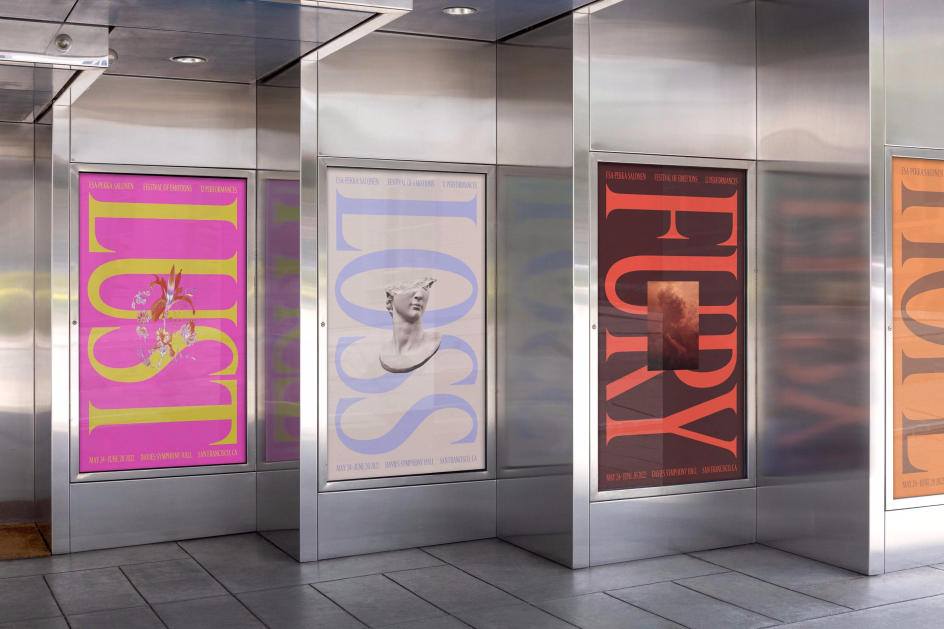




 by Tüpokompanii](https://www.creativeboom.com/upload/articles/58/58684538770fb5b428dc1882f7a732f153500153_732.jpg)


 using <a href="https://www.ohnotype.co/fonts/obviously" target="_blank">Obviously</a> by Oh No Type Co., Art Director, Brand & Creative—Spotify](https://www.creativeboom.com/upload/articles/6e/6ed31eddc26fa563f213fc76d6993dab9231ffe4_732.jpg)








